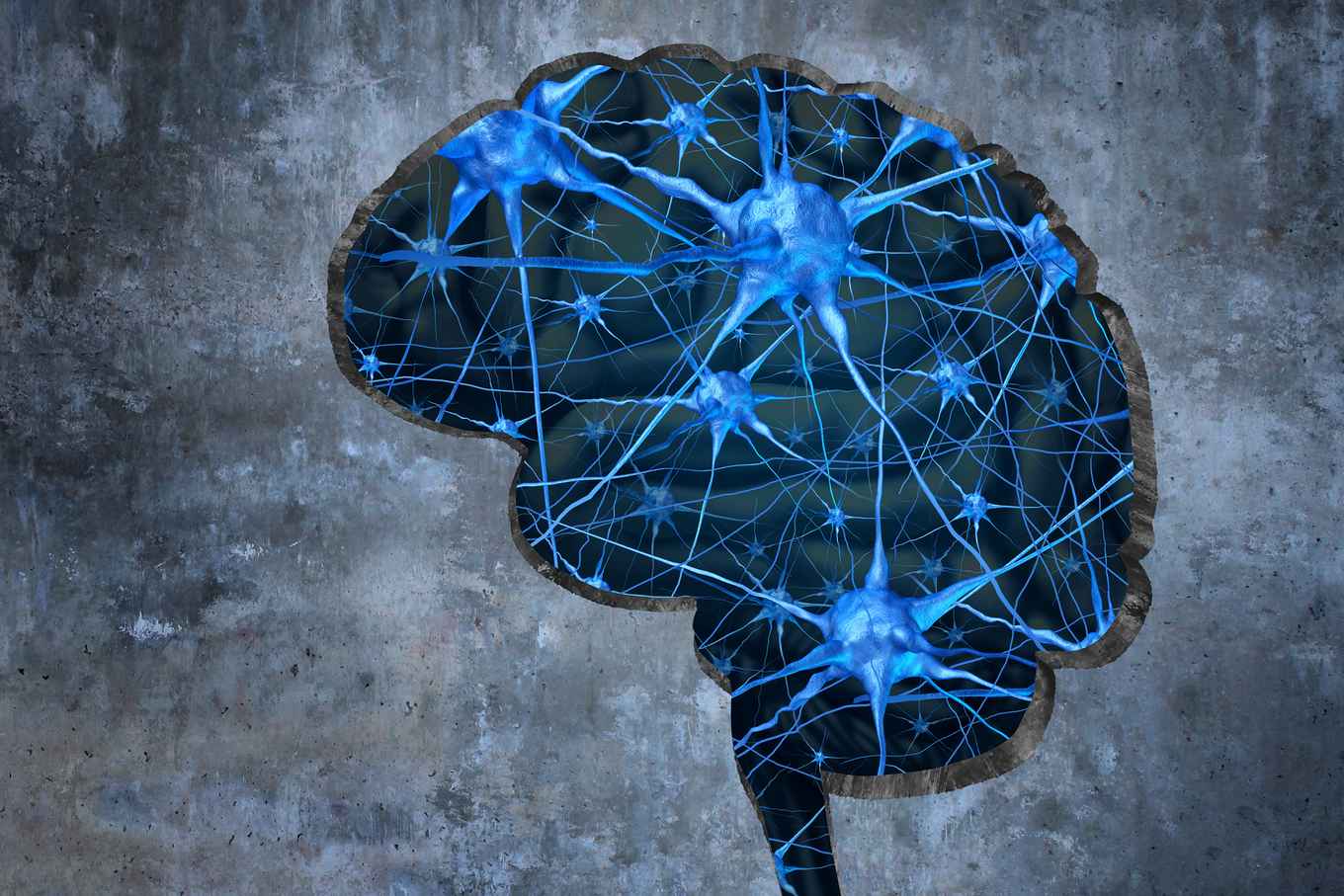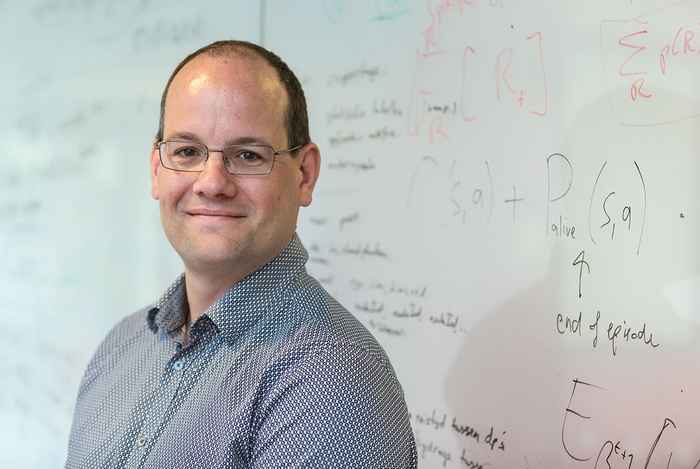NWA Grant for integrating human principles in AI
1 December 2020

Recent technologies like GPS, smartphones, smart wearables, drones, or self-driving vehicles are changing the way we interact with others in our environment. Smartphones have already become ubiquitous and indispensable, but other technologies, like drones and self-driving cars, are much more difficult to integrate. Self-driving cars for example behave annoyingly unpredictable for other drivers and can fail dramatically in complex city environments.
Humans are good at predicting and responding to others’ behaviour, machines are not. This is a major obstacle for integrating “smart” vehicles in our society. The consortium joins forces to take direct inspiration from principles employed in brains to chart out human behaviours to guide autonomous agents in society, following newly defined brain-inspired AI algorithms as well as laws and regulations.

Sander Bohté: ‘I am really excited about the possibilities the NWA-ORC grant will offer our consortium. It allows us to develop insights from neuroscience and psychology to put society back "in-the-lead" in the rapid developments surrounding AI and smart vehicles. We focus on answering the question how humans, in particular "brains", deal with uncertainty in complex situations like traffic, and transfer these insights into both AI algorithms that are more predictable, and recommendations for the associated regulatory control frameworks that incentivizes such behavior. This human-centered approach will allow society to take back control: we strongly believe that societal needs should drive these far-reaching AI developments rather than the other way around.’
Focus at SILS-UvA
From SILS-UvA, Dr Jorge Mejias and Prof. Cyriel Pennartz are also involved in the project. Their contribution will focus on reinforcing the connection between neuroscience and AI, in order to develop brain-inspired AI algorithms for safe mobility. With their expertise in experimental, theoretical and computational neuroscience, they will analyse existing neurophysiological and neuroanatomical data to develop computational models of realistic brain circuits involved in perception under uncertainty. A key element is to build models that can draw inferences from sensory inputs and can represent objects and environments causing these inputs to arise. Sander Bohté, next to leading and coordinating the consortium, will develop energy-efficient algorithms based on the data and computational models of Mejias and Pennartz to clarify the missing link between our brains and current AI algorithms for autonomous driving and drone navigation.
Partners
The full list of partners within the consortium is: Centrum Wiskunde & Informatica (CWI), Radboud Universiteit, Donders Institute, TNO, Technische Universiteit Eindhoven, Technische Universiteit Delft, Universiteit van Amsterdam, NLR, IMEC, 2getthere, Instituut voor Wetenschappelijk Onderzoek Verkeersveiligheid (SWOV), Veilig Verkeer Nederland VVN, AI in motion, NXP Semiconductors, RDW, Luchtverkeersleiding Nederland LVNL, Thales, Ministerie van Justitie en Veiligheid, Rijkswaterstaat.
Source: CWI